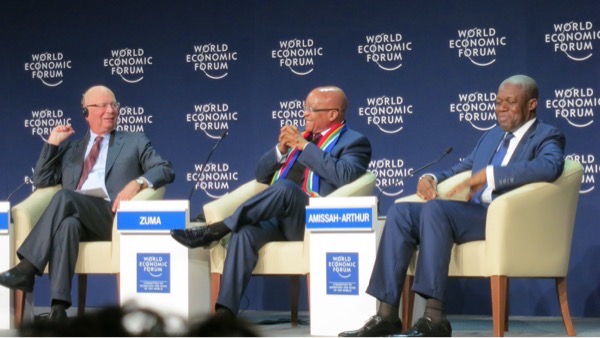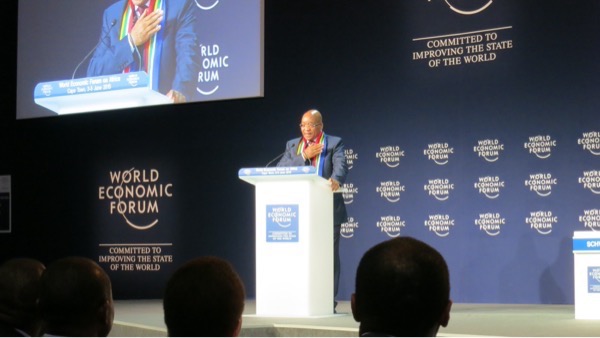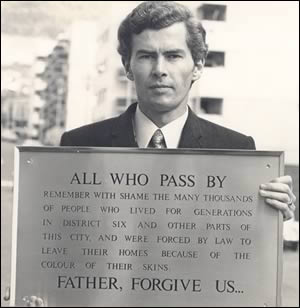World Economic Forum 2015 - day 2
 Thursday, June 4, 2015 at 3:37PM
Thursday, June 4, 2015 at 3:37PM 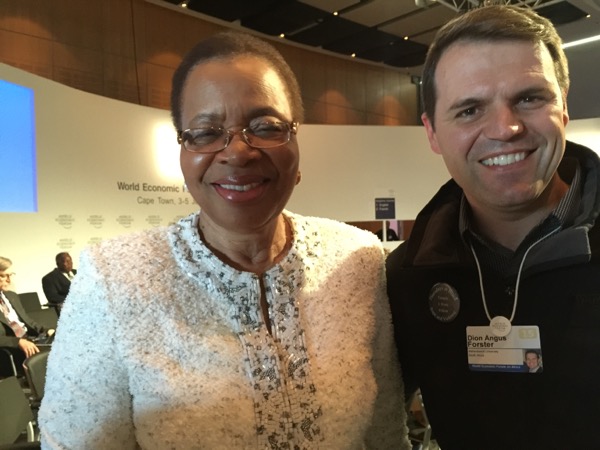
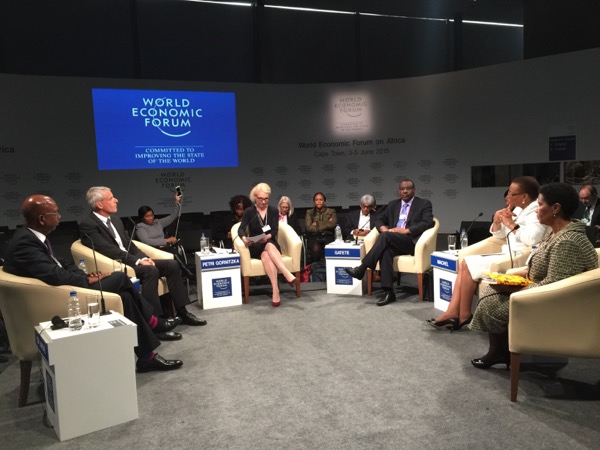
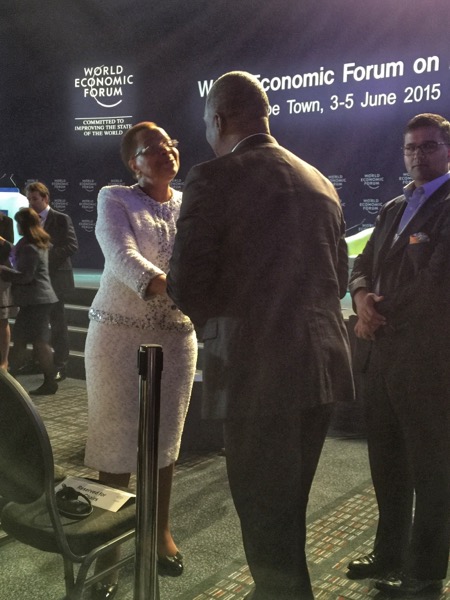
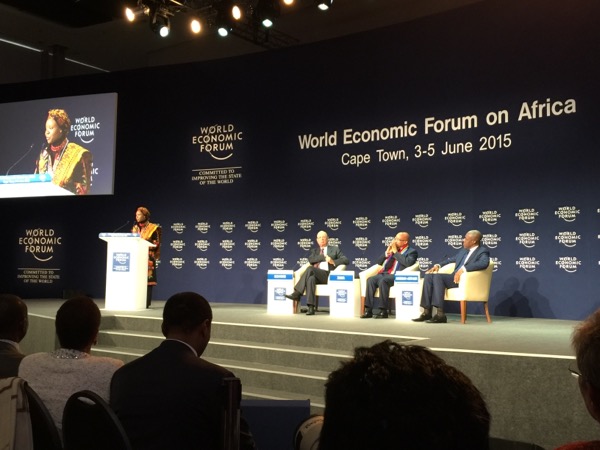 Today is the 2nd day of the World Economic Forum regional meeting in Cape Town, South Africa.
Today is the 2nd day of the World Economic Forum regional meeting in Cape Town, South Africa.
I only got into the CTICC just after 9am because I had to do a short radio interview at 8.15. Thankfully the rain has let up! So driving in was a little better on my motorcycle. As an aside, it must be one of the best ways to travel! I managed to park just across the road from the CTICC, whereas the drivers of cars first had to have their cars screened and cleared by a security team before they could enter the parking lot. In large measure this has to do with the number of foreign dignitaries, who are attending the forum, as well as the fact that Mr Jacob Zuma, the President of South Africa, spoke this morning. I attended the Panel discussion at which Mr Zuma spoke. Just a few minutes before that session he and the security entourage passed right past me. I was asked to stand still for a few moments as they passed. Then, as I was about to enter the venue of the presentation I saw my friend Archbishop Thabo Makgoba waiting to enter the venue. We talked for a while and then sat together in the hall. It was wonderful to see him being greeted by so many of the important and significant dignitaries, especially Mrs Graca Machel (see the attached photograph).
I was also grateful to have an opportunity to meet Mrs Machel and tell her about the research that I am doing on her for the American Academy of Religion. She was very kind! I even managed to get a photograph with her when I attended the panel discussion on bridging the gap between male and female economic inequality.
She is doing such amazing work to bring gender equality in society. It is a sad fact that women are most often the primary carers in the home and in society, they earn less than their male counterparts and get less access to the formal economy. On the whole women work harder and get less than men! While many countries and companies work for 'political' equality (representation in policy and decision-making positions). However this is not matched in wages, division of labour and human rights. The issue that should drive this agenda is justice and equality, not tokenism. The ethics of care is a reminder that care is not linked to only one gender. Women often get trapped in unpaid care that locks them to the home. Men work and so get economic independence, status and even the stimulus and recognition for their efforts. So simply put, let's distribute care and the division of labour in the home more equitably, and let's educate, lobby, and work for equal rights, opportunities and economic opportunities for both women and men.
One of the most interesting parts of the day was in the earlier panel discussion on Africa (the plenary session) when Anton du Plessis (from the Institute for Security Studies asked a question about security, good governance and corruption - I managed to record the response of Mr Zuma, it is in Apple voice recorder format (.m4a) and about 2MP.
You can download it from here.
He was clearly in the hot seat! His response was vague and tried to avoid the local context and his own challenges in South Africa. As I listened to conversations after that session it was clear that person's from all over the world were aware of this embarrassement!
In the broader discourse of the day, a great deal of the discussion on the morning has been about the development of Africa's youthful population. A few interesting statistics are that by 2040, 50% of the world's Youth will be African, and that there is a need to create 80 million jobs a year for African school leavers (for all of us to be employed). There was an emphasis on the fact that we need to train young Africans to be much more entrepreneurial, and also that education in Africa, while being widespread (about 90% of Africans get access to some form or level of education), is often not preparing young people for work or work creation.
I also attended a session on water security - it was shocking to be reminded that the World Economic Forum lists water security as the single largest challenge we face in the world today! Statistically the WEF shows that demand will be 40% higher than what the earth is able to supply by 2050! We are heading for a serious water crisis. What is needed is for us to change the way in which we use water, demand and supply are a huge problem. Wastage is another problem - it was reported that just 8 municipalities in South Africa account for 90% of wasted water, costing us 7 Billion Rand per annum! That is shocking! Lastly, we need technology and partnerships to manage water use policy and water supply and delivery.
As a Christian I am thinking how can we use this precious resource more justly? The reality is that people like myself can afford clean and reliable water, but the poor cannot! They suffer most when water is scarce. I will be attending a few more sessions during the day and will upload more reflections and thoughts as the day progresses.



